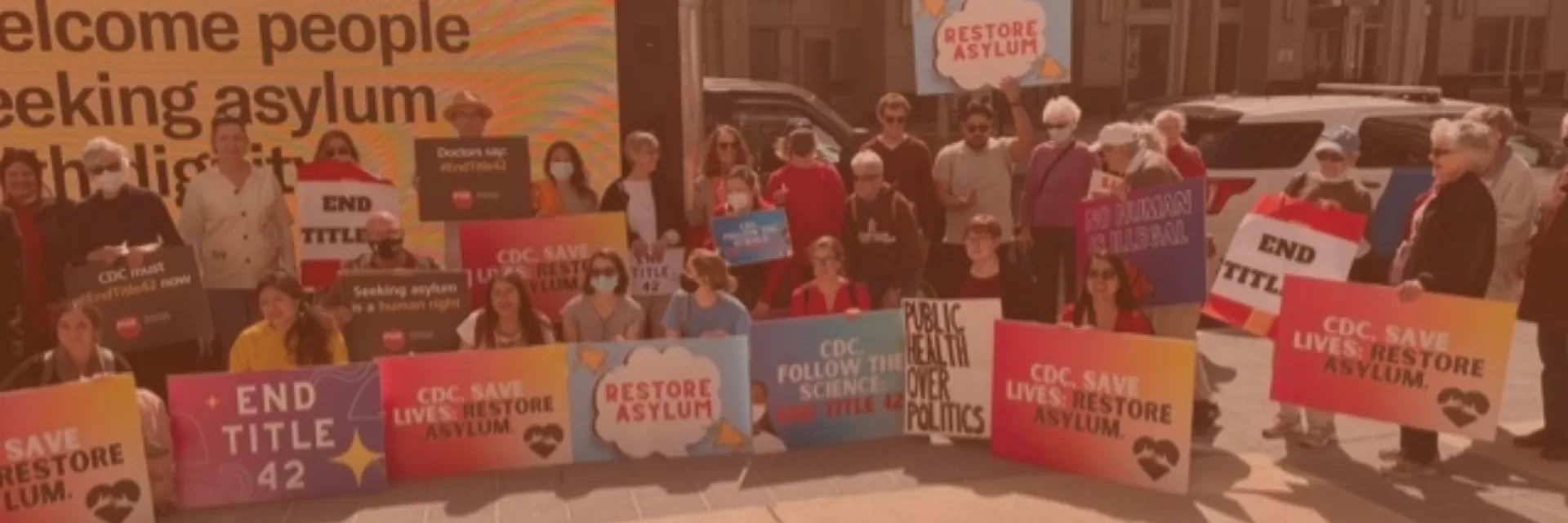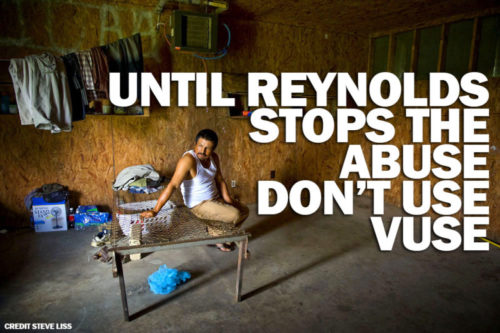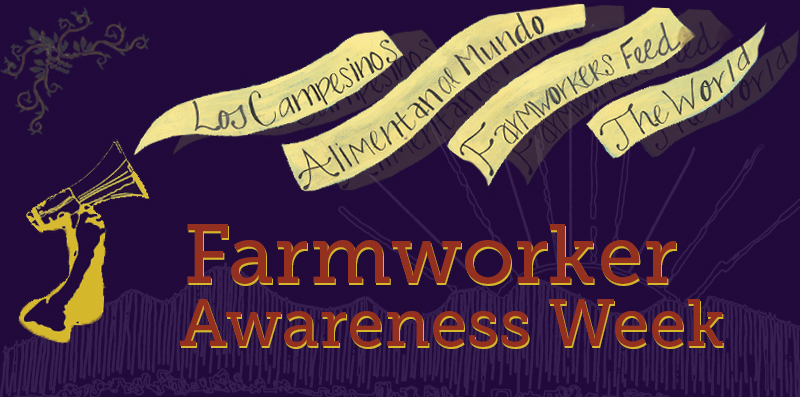Immigration: In the wake of Trump's executive order, we still have a lot of work to do!
Last Wednesday Trump signed an executive order to end the policy of separating children from families at the border. The order still mandates that children be put in detention with family members, and does not apply to the over 2,300 children who have already been separated in recent weeks - in total, over 10,000 children are currently in detention. Some of these children may never see their parents again.




